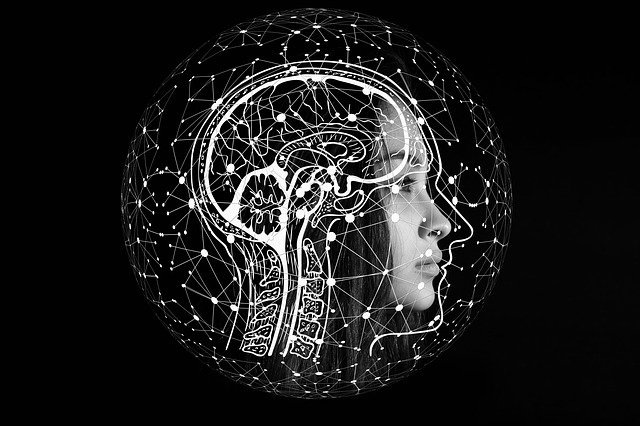Customer loyalty is the cornerstone of sustained business growth and profitability. In the face of increasing competition, businesses must harness the power of technology to foster strong customer relationships.
Understanding CRM Technology
RMM technology is a multidimensional tool developed to manage the communication of a company with the current and potential customers. It combines different pieces of information to portray a complete picture of interactions between a firm and its customers through the available channels. By centralising information, companies can use CRM systems to deliver personalised experiences and anticipate needs of customers so that they can develop long-lasting relationships.
The Role of a Customer Engagement Platform
A key feature of CRM technology is the customer engagement platform. This platform is tailored to engage customers through multiple touchpoints, creating personalised communication and enhancing the customer experience.
Leveraging Customer Data
Data is the lifeblood of any CRM system. The more detailed and accurate the customer data, the more effective the CRM strategy. A decent customer data platform (CDP) collects, organises, and activates customer profiles. A comprehensive CDP gives a 360-degree view of the customer, enabling businesses to tailor their marketing initiatives and customer service efforts to meet individual needs.
The advantage that learning companies have is knowledge of the purchasing behaviour, customer preference and its purchasing and commodity history enables them to know what the customer will require in future and provide long term solution to the customer even before he or she knows about the problem. The active approach forms the positive image and results in building the emotional bond between the customer and the brand.
Enhancing Retention Strategies
Customer retention is as important as customer acquisition or even more. The ability to retain customers can be done by personal code, effective communication, and execution of pledges. RM technology presents the equipments needed to carry out these strategies with effectiveness.
One minor tune-up suite of CRM systems is the retention optimisation suite These suites include several tools and analytics designed to detect possible churn risks as well as offer actionable insights helping to eliminate customer turnover. By prioritising customer concerns even before they form and by providing individualised incentives and solutions, companies can drastically decrease levels of churn.
Enabling Personalisation
RM technology is more than just transactional relationship It can enable the businesses to provide a personal outreach at every customer story level. Automation and integration of customer interactions ensure that the customers feel unique and embraceable. Personalisation demonstrates to the customers that a business is aware of their preferences and is ready to move out of the way to serve them.
Building Trust Through Consistency
Communication and service delivery consistency is an important element in developing trust with the customers. A CRM system makes sure that regardless of who a customer talks to at the organisation, they will be given the same amount of service and information. It abrogates the silos that tend to bedevil larger organisations and make them inconsistency deliver between customers.
The Impact on Customer Satisfaction
Customer satisfaction is directly related to the customers perception of feeling valued when doing business with a particular organization. RM technology enhances every interaction whether sales, marketing or customer service and optimises all customer interactions to transform customer satisfaction. When customers are happy, they will more likely to remain customers; recommend the brand to others; and, will be more valuable to the business in terms of their lifetime.
Analysing and Acting on Feedback
It is also worthwhile to listen to the customers so that improvements can be made. RM systems have the capability of capturing feedback on multiple channels and analysing these on feedback in order to derive meaningful action to be taken. The companies can utilize this information by making improvements to products, services and processes to make them more appropriate to deliver in compliance with customer needs. Such receptiveness to customer feedback is crucial to customer loyalty.
Streamlining Operations with CRM
Another benefit of introducing CRM technology is that there is also an improvement in operational efficiency. Streamlined operations imply faster response time, faster service delivery and most importantly better customer experience. A good process also releases the employees to concentrate more on the customer service, putting a personal touch to the automated process.
The Competitive Edge of CRM
Those businesses that implement the sophisticated CRM systems usually emerge in a competitive marketplace. They are able to bestow a degree of involvement and gratification that can provide dependability. In the long-term, this loyalty results in reliable revenues and great brand image.
Conclusion
To summarize, CRM technology is more than a customer information managing tool; it is a strategic resource in building customer loyalty. With the potential of a customer engagement system, the power of a robust customer data platform and the resources of a retention optimisation suite, organisations can develop practical relationships that can be converted to long-term relationships. In a time, when customers have continuously rising expectations, the investment into CRM technology is an investment into long-term business prosperity.







